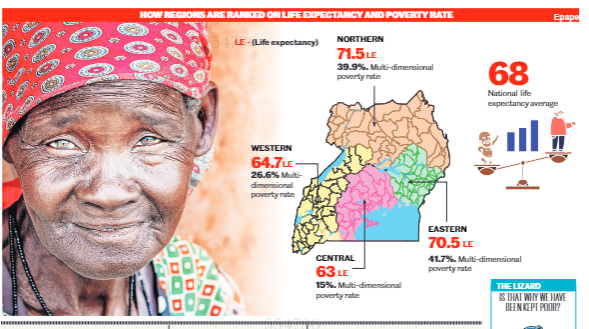Improved EMS reducing mortalities in health centres – PS Atwine

The PS Ministry of Health Ms Diana Atwine (M) chats with the commissioner, the Department of Emergency Medical Services Mr John Baptist Waniaye (L) and a health worker in Entebbe on Tuesday. Photo | Paul Adude
What you need to know:
- The Ministry of Health has made notable strides in Emergency Medical Services (EMS), acquiring 216 ambulances out of the required 540 and training emergency responders nationwide.
The permanent secretary for the Ministry of Health Ms Diana Atwine has said improved Emergency Medical Services (EMS) are set to reduce mortalities recorded at health centres across the country.
Ms Atwine says emergency conditions account for seven out of the top 10 causes of mortality in Uganda.
"These can be obstetrics, road accidents, pediatric emergencies, or non-communicable diseases that we are seeing on the rise," Atwine explained during a dissemination workshop in Entebbe on Tuesday. She highlighted the success story of Karamoja, where improved EMS led to a significant reduction in deaths.
"I was excited to see the drastic transformation of Karamoja with its turnaround on deaths. It simply tells you that this particular area just needed to make sure that they are able to transport all these people from those remote places to the facility because they couldn't move. When we did that, things changed," Ms Atwine said.
The Ministry of Health has made notable strides in EMS, acquiring 216 ambulances out of the required 540 and training emergency responders nationwide.
Dr Charles Olaro, Director of Curative Services, emphasised the importance of timely interventions.
"The absence of good quality emergency medical services, which includes timely life-saving intervention, prompt transportation with care, and immediate care at health facilities, will result in poor outcomes for patients," Dr Olaro warned.
Olaro cited the success of interventions in Masaka, supported by COFI, which reduced mortality by 60 per cent in life-threatening trauma conditions. He stressed the need for an EMS Act to establish standards of care.
Commissioner John Baptist Waniaye discussed the National Emergency Medical Services Policy, launched in 2021. The policy aims to build a comprehensive national EMS system, focusing on care at the scene, during transportation, and at the health facility level, as well as disaster response.
World Bank Senior Specialist Roger Seiko emphasized the importance of investing in analytics to identify critical areas in healthcare. By doing so, Uganda can reduce deaths during emergency medical services by up to 80 per cent.




